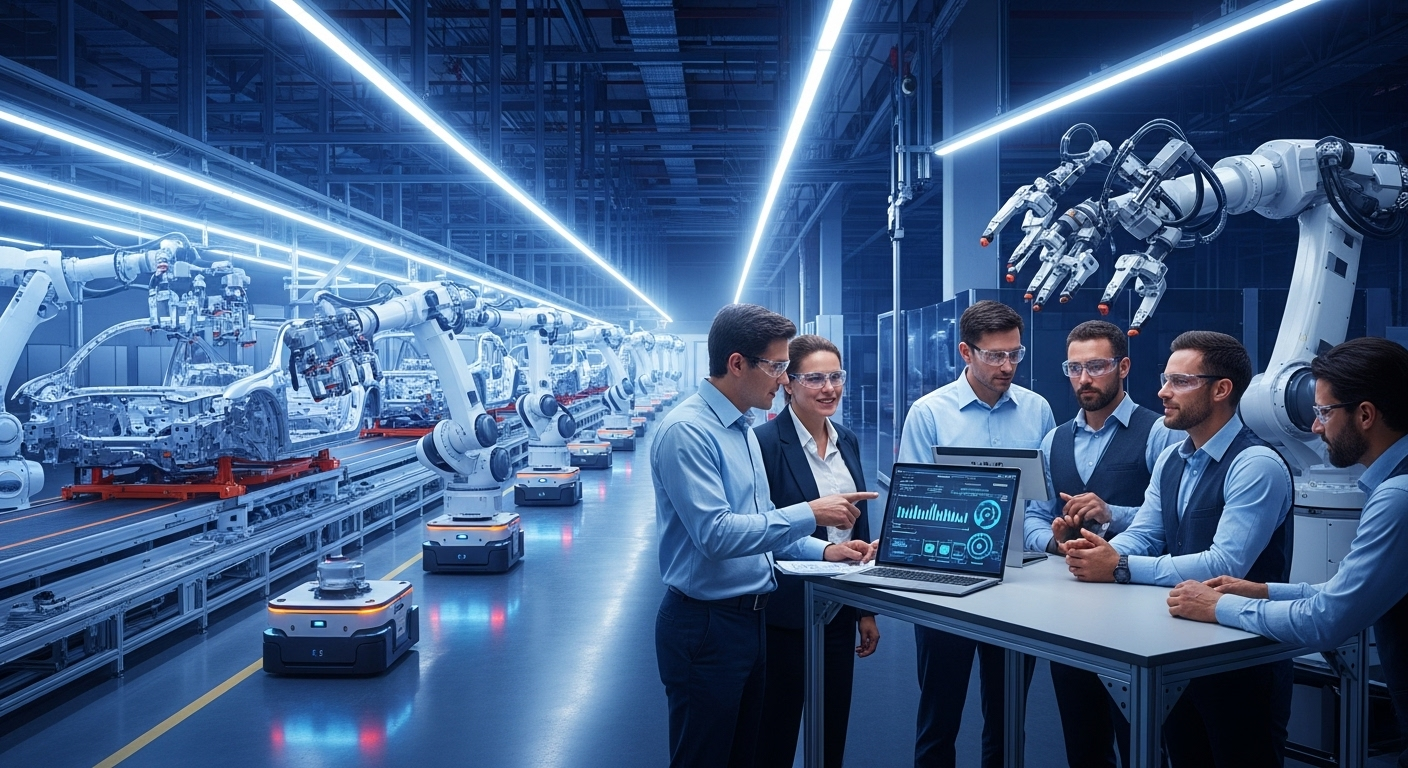Biofabrication: Revolutionizing Industrial Production
The intersection of biology and manufacturing is giving rise to a groundbreaking field known as biofabrication. This innovative approach harnesses the power of living organisms and biological processes to create sustainable, high-performance materials and products. From fashion to construction, biofabrication is poised to transform numerous industries, offering eco-friendly alternatives to traditional production methods.

Nature-Inspired Manufacturing Processes
At its core, biofabrication mimics natural processes to produce materials and products. This approach often involves the use of microorganisms, such as bacteria or fungi, to synthesize desired substances. For instance, certain strains of bacteria can be engineered to produce bioplastics, while mycelium (the root structure of fungi) can be grown into biodegradable packaging materials. These nature-inspired processes offer several advantages over traditional manufacturing methods, including reduced energy consumption, minimal waste generation, and the ability to create complex structures with unique properties.
Applications Across Industries
The potential applications of biofabrication span numerous sectors. In the fashion industry, companies are exploring the use of lab-grown leather and spider silk-inspired fibers to create sustainable textiles. The construction sector is investigating mycelium-based building materials as alternatives to traditional insulation and structural components. In the automotive industry, biofabricated materials are being developed for lightweight, high-strength parts. Even the food industry is embracing biofabrication, with startups working on lab-grown meat and plant-based protein alternatives.
Challenges and Opportunities
While biofabrication holds immense promise, several challenges must be addressed for widespread adoption. Scaling up production processes, ensuring consistent quality, and navigating regulatory frameworks are key hurdles. Additionally, the cost of biofabricated products often remains higher than their conventional counterparts, necessitating further research and development to improve efficiency and reduce expenses. However, these challenges also present opportunities for innovation and entrepreneurship in this emerging field.
The Role of Synthetic Biology
Synthetic biology plays a crucial role in advancing biofabrication technologies. By engineering microorganisms with specific genetic instructions, researchers can create “living factories” capable of producing a wide range of materials and compounds. This approach allows for precise control over the production process and enables the creation of materials with tailored properties. As synthetic biology tools become more sophisticated, the possibilities for biofabrication continue to expand.
Environmental Impact and Sustainability
One of the most compelling aspects of biofabrication is its potential to address environmental concerns associated with traditional manufacturing. Many biofabricated materials are biodegradable, reducing the burden on landfills and oceans. Additionally, biofabrication processes often require fewer resources and generate less pollution compared to conventional production methods. As companies and consumers increasingly prioritize sustainability, biofabrication is poised to play a significant role in the transition to a more circular economy.
Key Insights for Business Leaders
• Invest in research and development: Allocate resources to explore biofabrication technologies relevant to your industry.
• Foster partnerships: Collaborate with biotechnology companies, research institutions, and startups to accelerate innovation.
• Prepare for regulatory changes: Stay informed about evolving regulations surrounding biofabricated products and materials.
• Educate consumers: Develop marketing strategies to communicate the benefits of biofabricated products to customers.
• Assess supply chain implications: Consider how biofabrication could impact your existing supply chain and production processes.
As biofabrication continues to evolve, it promises to reshape industrial production in profound ways. By harnessing the power of nature’s own manufacturing processes, businesses can create more sustainable, efficient, and innovative products. While challenges remain, the potential benefits of biofabrication make it a field worth watching and investing in for forward-thinking companies across industries.






